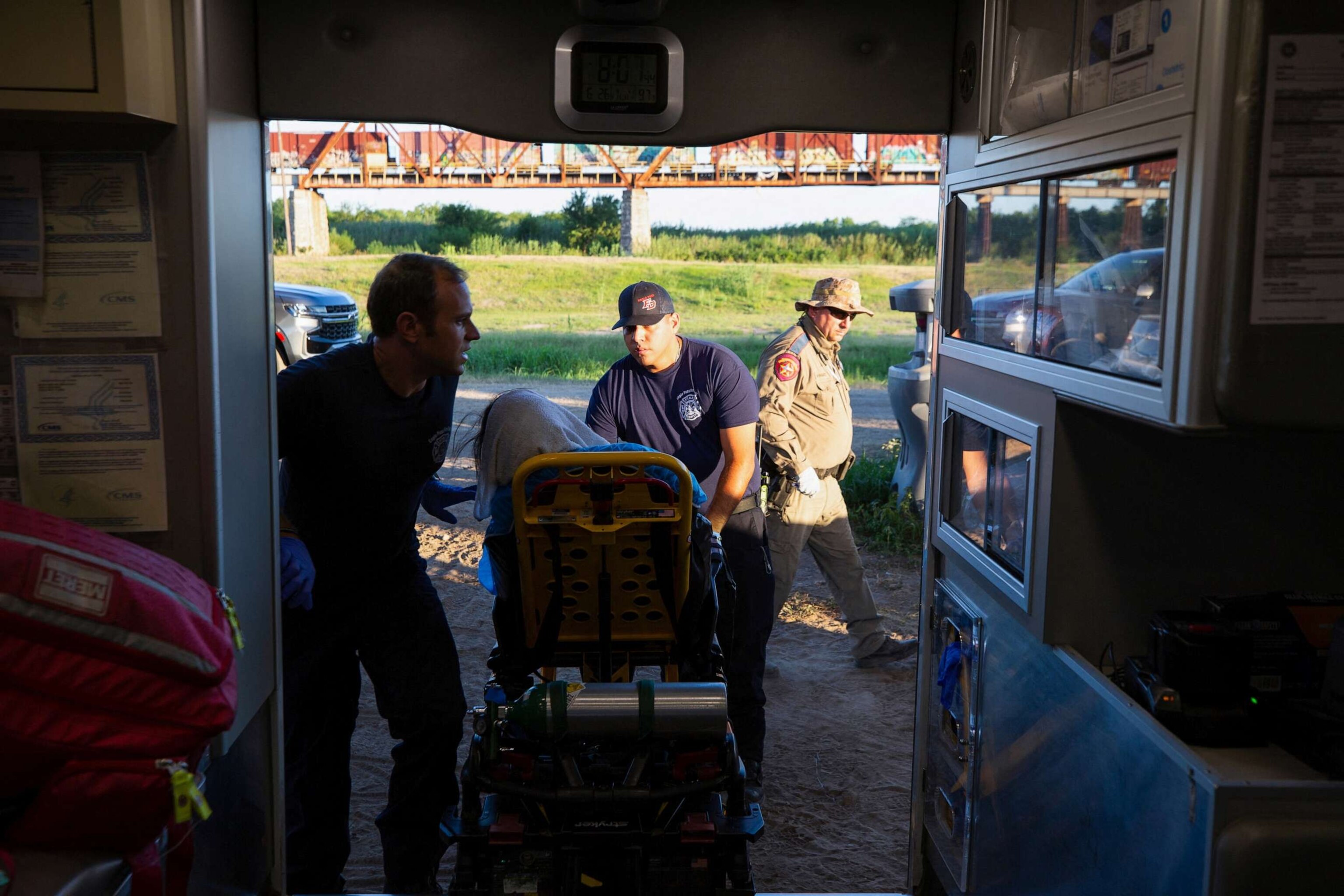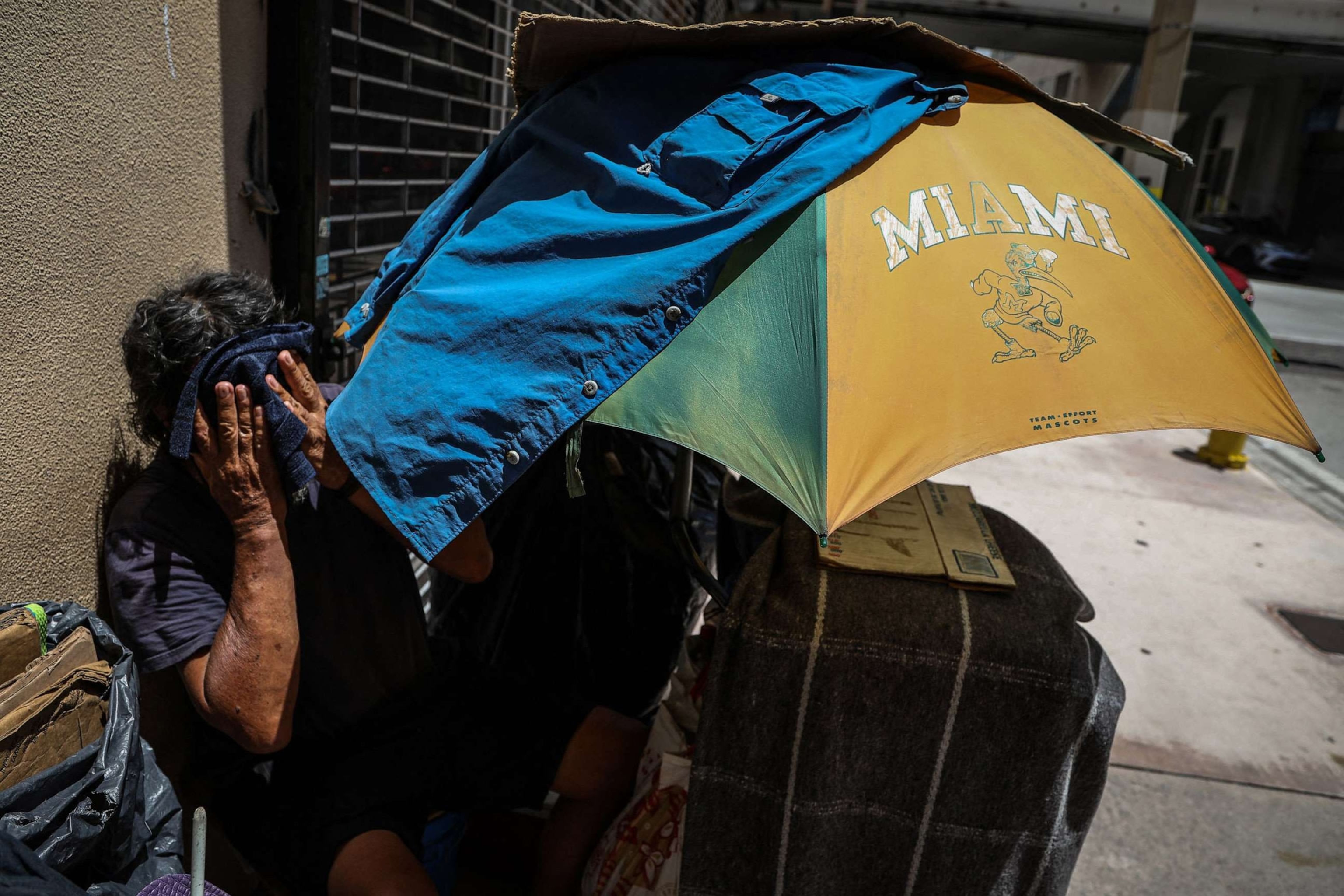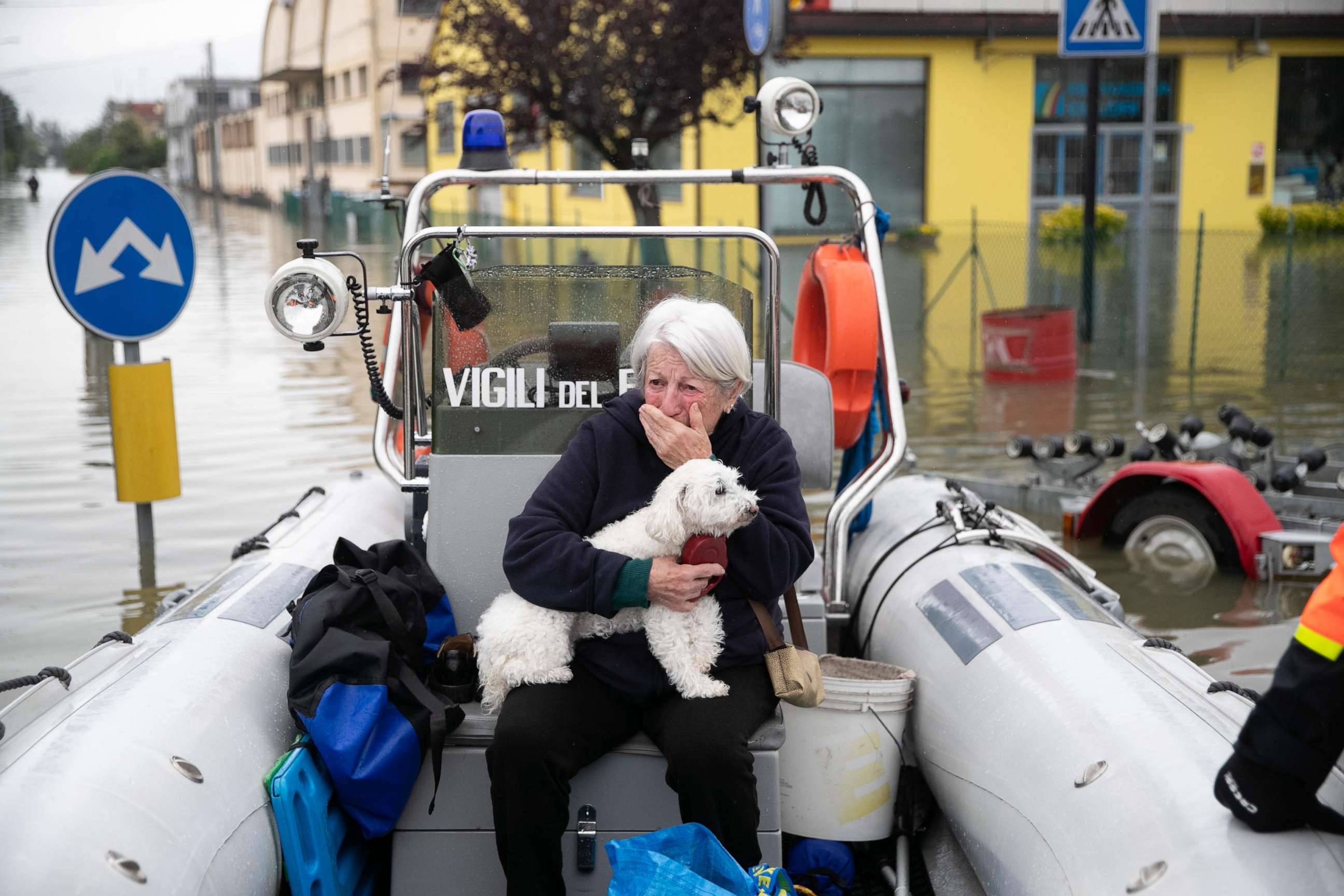Americans will spend an extra $1 billion on healthcare each summer due to extreme heat: Report
Climate change has caused an increase in prolonged periods of heat.
The U.S. could soon be paying an additional $1 billion in healthcare expenses each summer due to forecasts of continuing waves of extreme heat in the near future, a new report has found.
The additional cost in heat-related healthcare will stem from 235,000 visits to the emergency room and more than 56,000 additional hospital admissions across the country each summer, the research, conducted by Virginia Commonwealth University and the Center for American Progress, a liberal think tank, found.

An increase of prolonged periods of heat has coincided with the rise of incidences in heat-related illness, the report, which studied data from Virginia-based weather stations and Virginia medical insurance claims, found.
"The resulting increases in visits to physicians, visits to emergency departments, and admissions to hospitals will inflate U.S. health care costs," the researchers said.
Currently, heat events result in nearly 400 additional ambulatory -- or outpatient -- care visits for heat-related illness, almost 7,000 additional emergency department visits and about 2,000 additional heat-related hospital admissions, mostly for heat-adjacent illness, according to the report.

The report was published as record heat has spread across the country. Heat indexes are measuring in the triple digits from California to Florida and expanding north into Colorado, Kansas, Indiana and Kentucky.
Emergency room visits and 911 calls for heat-related emergencies in Texas have increased in the past month due to the weeks-long heat dome sitting over the region, data from the Centers for Disease Control and Prevention shows.
The researchers urged lawmakers at all levels of government, as well as those in the private sector, to confront the climate crisis by severely reducing greenhouse gas emissions, establishing and strengthening federal, state, and local governmental responsibilities for extreme heat protection and improving data surveillance and prediction capabilities.
It will also be imperative to raise public awareness surrounding the risks of extreme heat and protective measures, the researchers said.

Heat is the No. 1 weather-related killer in the world, with more than 600 people dying from heat-related illnesses every year in the U.S., according to the CDC.
Extreme heat, which climate scientists say will grow more frequent and intense due to global warming, is already costing the global economy trillions of dollars. An increasing number of heat waves between 1992 and 2013 caused an estimated $16 trillion loss in the global economy due to the effects of high temperatures on human health, productivity and agricultural output, a 2022 study by Dartmouth University found.
Global warming "statistically coincided with variations in economic growth" during that time period, the researchers found.

If greenhouse gas emissions continue to increase, 70% of the population in several countries most at risk for extreme heat will require air conditioning by 2050 in order to stay safe from the heat, researchers at Harvard University found in 2022.
ABC News' Tracy Wholf contributed to this report.
Extreme Weather Photos 2023




































